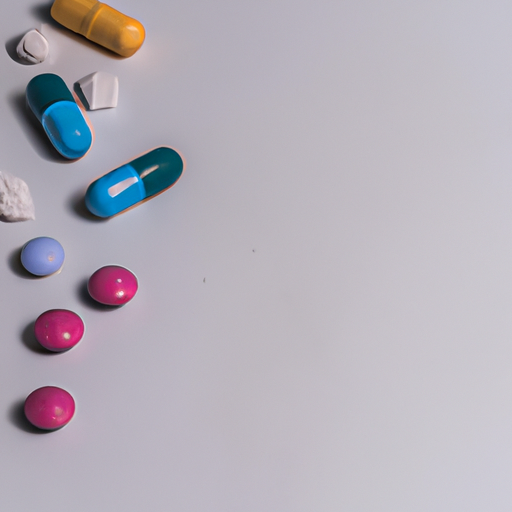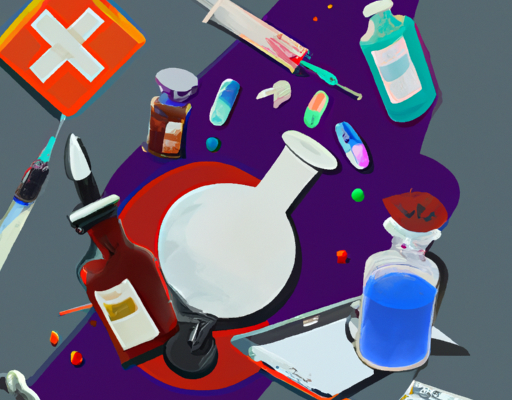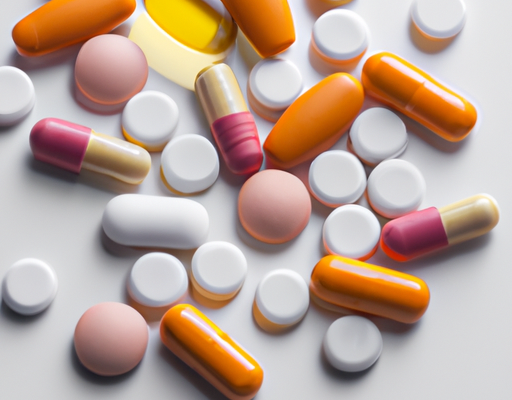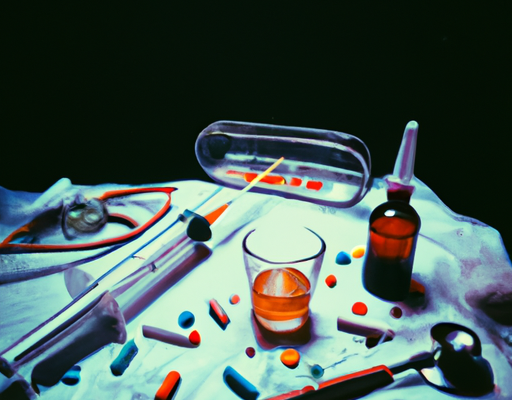1. Causes of Acne
Acne is one of the most common skin conditions, affecting millions of people worldwide. It can range from mild to severe and can have a huge impact on your self-confidence. It is important to understand why pimples fill back up in order to tackle the problem head on.
- Hormones: Hormones play an important role in acne, as an increase in androgens (male hormones) can cause the sebaceous glands to produce excess sebum, a waxy substance that can clog pores
- Bacteria: The bacteria Propionibacterium acnes (P. acnes) is normally present on our skin. When pores become blocked, P. acnes can multiply, leading to swollen, irritated pimples.
- Diet: Eating foods high in sugar or dairy can trigger breakouts. This is because these foods can cause a spike in blood sugar, which in turn can increase sebum production.
- Stress: Stress can also be a trigger for acne. Stress hormones increase sebum production, inflammation, and can even interfere with the skin’s natural healing process.
It is important to identify the cause of your pimples in order to choose the best treatment for better results. If pimples fill back up after being treated, it could be a sign that you are not addressing the underlying cause.
2. What Causes Pimples to Fill Up Again?
When pimples form, they are usually considered temporary. But for many people, pimples seem to fill up again even after they have healed. So what causes pimples to reappear? The answer lies in a combination of factors. Genetics, hormones, stress, humidity, and lifestyle can all have an influence on whether your skin is prone to breakouts. Additionally, some skincare habits, such as overusing products or scrubbing the skin too harshly can lead to blocked pores and the formation of new pimples. To help prevent recurrence, it’s important to follow a regular skin care routine that’s gentle on your skin and includes a topical treatment for breakouts. With the right combination of prevention and treatment, you can lessen the chances of having to deal with those pesky pimples again.
3. How to Reduce Inflammation and Prevent Acne
Inflammation is one of the main causes of acne, so it is important to reduce inflammation as much as possible in order to prevent pimples from forming. Here are some tips to reduce inflammation and help prevent acne:
- Eat an anti-inflammatory diet that is low in sugar and processed foods, and high in whole grains, lean proteins, fruits, and vegetables.
- Cut down on dairy and other foods that can trigger inflammation and acne outbreaks.
- Avoid touching your face with your hands.
- Keep your skin clean by washing it with a mild cleanser twice a day.
- Exfoliate with a gentle scrub once a week.
- Use products that are specifically formulated for acne-prone skin.
- Moisturize your face with a light moisturizer to keep it hydrated.
- Use an over-the-counter medication designed for acne, such as salicylic acid or benzoyl peroxide.
- Consider using a natural remedy such as tea tree oil or witch hazel.
- Talk to your doctor about prescription medications for treating acne.
By following these tips, you can reduce inflammation and help prevent pimples from forming.
4. Best Treatments for Acne
Acne can be a frustrating and difficult problem to manage, and it can be disheartening to see pimples come back after you’ve done your best to get rid of them. The best way to treat acne is to focus on prevention and the use of the right products that can control the recurring pimples. Keeping your skin clean and moisturized is beneficial because it helps stop bacteria from building up on your skin, which can lead to recurring pimples. Additionally, it is important to look for products that contain the right active ingredients to help reduce the size and appearance of your pimples. Some of the best active ingredients to look for in products are salicylic acid and benzoyl peroxide, which can help reduce inflammation and help to clear up clogged pores. Additionally, it is important to protect your skin from the sun since sunburns can lead to inflammation, worsening acne. To avoid scarring, it is a good idea to use gentle skin care products and treatments to help reduce the occurrence of recurring pimples, and to visit a dermatologist if the problem persists.
5. Best Practices for Pimple Prevention
Having a clear complexion is something everyone strives for. While pimples can be unavoidable, there are steps you can take to reduce the likelihood of them occurring and prevent them from filling back up. Start by being wary of products you use on your face and body. Chemical-filled lotions and creams can clog your pores, leading to pimples. Also, if you wear makeup, make sure to take it off before going to bed. Cleaning your face thoroughly is also recommended. Additionally, avoiding touching your face can help tremendously. Hands and fingers can transfer dirt and oil to your face, leading to breakouts. Lastly, staying away from tight clothing and hats can help prevent pimples from filling back up. Tight clothing can create friction against your skin, leading to breakouts. Practicing these simple steps can help keep your skin healthy and pimple free.





No Comments